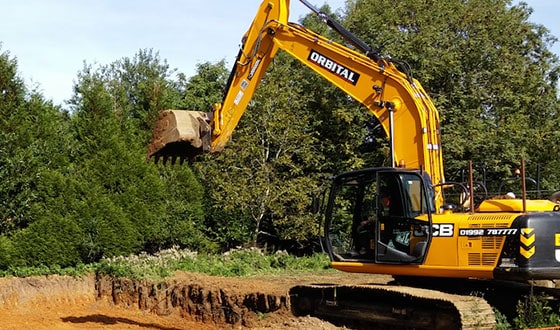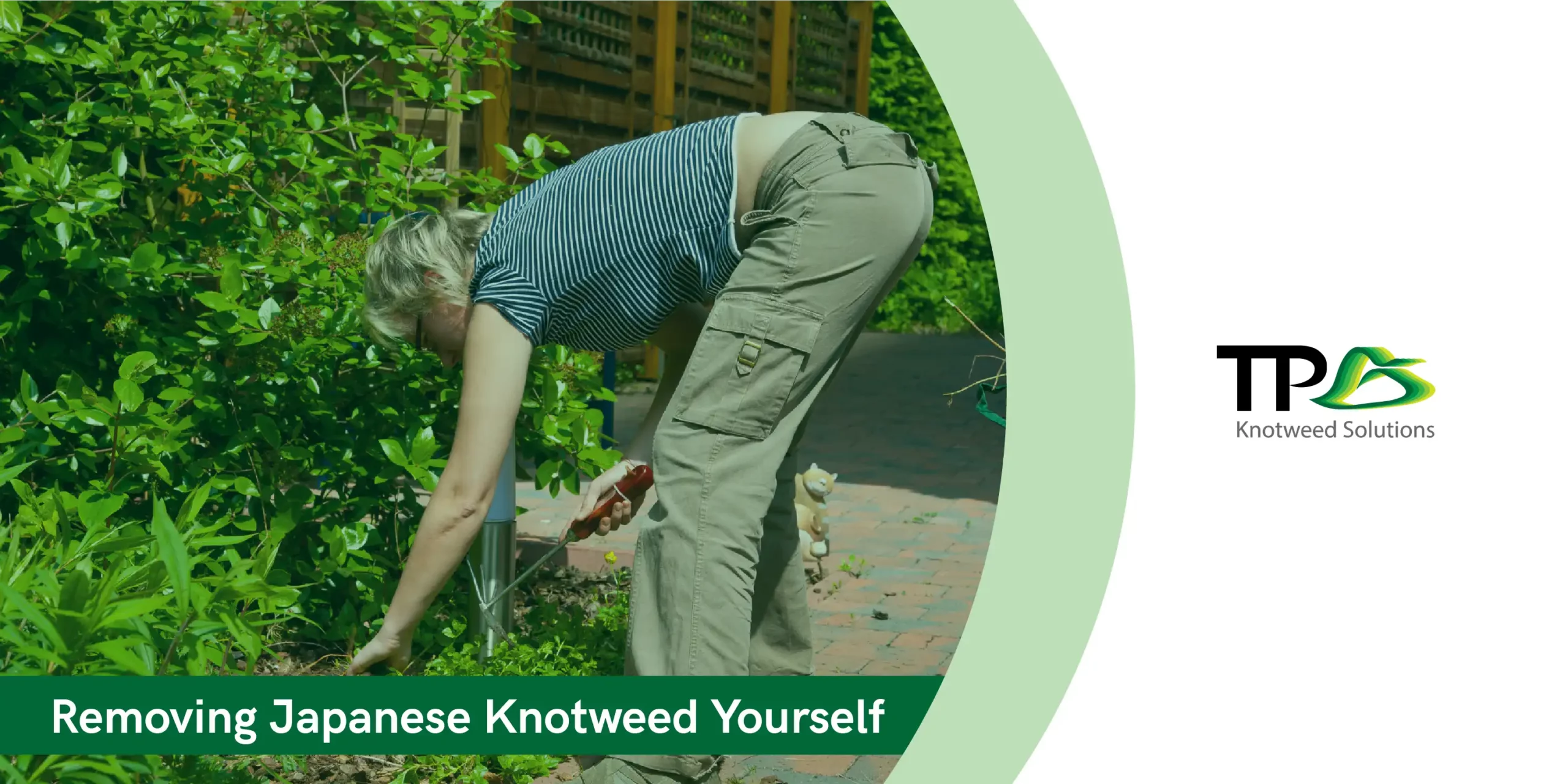Recently I read an article published by the BBC with the title ‘knotweed cannot be eradicated, Swansea Uni trial shows’.
I nearly fell off my chair at the thought of having to tell the owners of the 5,000+ sites we are remediating and treating that we can’t solve their Japanese knotweed problems. The construction companies with thousands of houses now built and sold, the hospitals, doctors surgeries, schools now built and open to the public, the banks that have granted mortgages based on our treatment programmes, the multi-million pound commercial office blocks now occupied, the hotels, retail parks and supermarkets now open and used 7 days a week.
And I thought GDPR compliance was a headache….
Unfortunately the news article today has a ‘Scare Story’ spin on it which is designed to be ‘click bait’ and makes the reader feel like there is no way to resolve a Japanese knotweed issue. This is upsetting as we have to deal with the consequences. I cannot count the number of times we have had clients crying when we attend their site or property for a survey, the sleepless nights when homeowners see these news articles and the stress of having a mortgage refused due to Japanese knotweed.
Japanese knotweed is just a plant and it can ultimately be killed, removed, remediated & eradicated! Yes, it is a very aggressive plant with an extensive underground rhizome network and can ultimately cause damage to hard surfaces if left to grow unchecked for many years, but, there are solutions.
What we now need to look at is how we effectively remediate sites and properties affected by Japanese knotweed.
Having looked further into the research carried out by Professor Dan Eastwood and Dr Dan Jones at Swansea University, they have raised some valid points within their findings on the Swansea University website and many of which I agree with. What the news article and research fails to discuss or mention is the viewpoint of a specialist contractor with a highly qualified in-house team who spend every single day remediating sites affected by Japanese knotweed throughout the UK.
I am not just talking about a small patch in a rear garden or an open field with a large patch of Japanese knotweed in the middle. At TP knotweed we remediate complex sites e.g. fly tipped with years of waste including Japanese knotweed amongst other contaminants, sites where Japanese knotweed has grown through drainage channels, amongst underground services, underneath adjacent roads and pathways and also construction sites where knotweed has been spread and tracked everywhere. There is not a situation we haven’t come across within the built environment.
Excavation & Off-Site Removal
In the article there is no mention of physical excavation including: removal to licensed landfill, use of geo-textile root barrier membranes to cap and contain the Japanese knotweed, or soil screening. TP knotweed carry out these remediation methods for both commercial and residential clients on a daily basis. For example, using complete excavation and off site licensed removal, our specialist Japanese Knotweed Removal teams can eradicate the whole rhizome network from the ground and ensure sites are left free from Japanese knotweed. Sites are guaranteed for 10 years following excavation and then monitored for 2 years under the guarantee to ensure no traces of rhizome were left behind.
This means there is no longer a knotweed problem at that site and construction, landscaping and gardening can continue as normal. Problem solved.
Herbicide Treatment
We need to look at the phrase ‘Removal’ and explore this further. Does removal mean Japanese knotweed can’t be killed? Does it mean the root system (rhizome network) will vanish once treated with herbicides and the soil will be clean again?
Is there a chance that Japanese knotweed could re-grow following herbicide treatment? The answer is yes. However, it must be noted that this does not mean that Japanese knotweed cannot be eradicated from a site. If you require permanent removal from a site, you have to physically excavate and remove all affected subsoils containing the rhizome network.
Japanese knotweed can be killed using certain herbicides when treated correctly over a minimum period of 3 years. We have thousands of sites where we have effectively remediated Japanese knotweed enabling development, mortgage lending and peace of mind to our clients.
There are situations where Japanese knotweed can take many years to kill using herbicides such as: along waterways with a constant water supply to the rhizome network, where Japanese knotweed gets in to drainage and pipes, ineffective treatment inducing dormancy for example. A specialist contractor should be experienced enough to spot these cases and extend a herbicide treatment programme to suit the individual site. It is therefore the contractors responsibility to fulfil the obligations of the contract.
Following a 5 year herbicide treatment programme there are restrictions on future use of that site however we are very clear with clients regarding this point and offer advice on future use of sites and gardens. With soil being classed as ‘Controlled Waste’ under the Environmental Protection Act (EPA) 1990 even after the Japanese knotweed herbicide treatment programme has been completed, the rhizome network will remain present in the ground. This means the soils are still classed as ‘Controlled Waste’ unless they are physically excavated and removed off-site.
So, to clarify herbicide treatment programmes are great for residential gardens, commercial land and open spaces where there are no future plans to dig and disturb the affected areas. If you plan to disturb, then complete removal is the best option for you.
Legally, a professional specialist contractor is unable to guarantee or state that Japanese knotweed has been ‘removed’ when it has been treated using herbicides. It has however been killed and a guarantee issued to cover the very low risk of re-growth. ‘Removal’ is the incorrect term to use.
10-Year Insurance Backed Guarantees
Reputable specialist invasive plant companies do not guarantee that you will never experience any re-growth. The 10 year Insurance Backed Guarantee is there to provide clients with reassurance that in the highly unlikely event that there is re-growth, it will be treated immediately. Whilst we are very confident of our ability to kill Japanese knotweed and have thousands of proven successful cases, we are unable to see 2-3 metres underground.
Hopefully this clears up any confusion or panic caused by the recent news article.
If you think you have knotweed, book a site survey.




